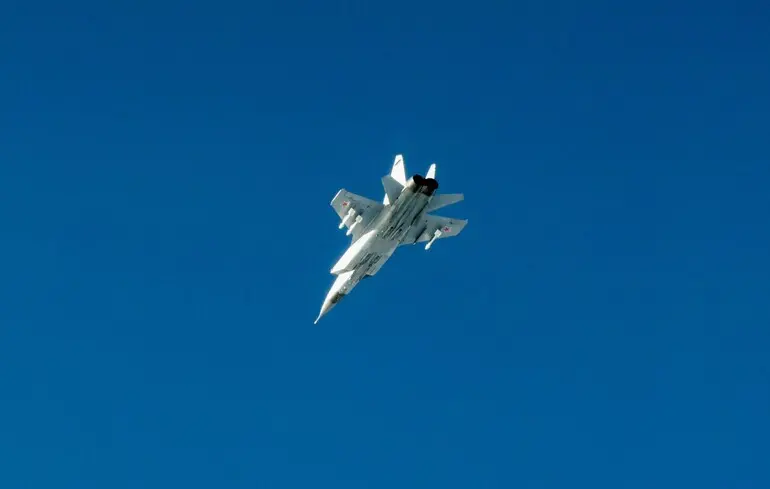Russian aggression threat: how the West is responding to new challenges in Northern Europe

Following a series of provocations by Russia, which have been escalating over time, Western countries are preparing for new challenges emerging in the region.
The incidents involving airspace violations are raising alarms: initially, Russian drones breached Polish airspace, signaling an increase in Russian assertiveness.
Subsequently, on September 19, three Russian MiG-31 fighters entered Estonian airspace without permission and hovered over the Gulf of Finland for 12 minutes, prompting significant concern among NATO allies.
These actions are more than mere provocations—they serve as tests of NATO’s resolve and readiness to respond to further aggression.
These measures fall into what analysts call the ‘grey zone’—ambiguous acts that do not trigger an automatic invocation of Article 5 of the NATO treaty but nonetheless demonstrate Vladimir Putin’s strategic intention to increase pressure.Diplomatic responses from Ukraine’s Foreign Ministry and other allies emphasize that Putin aims to test Western commitment.
European Union foreign policy chief Kaja Kallas stated, “Putin is testing Europe’s resolve.
We must not show weakness.” Meanwhile, the United Kingdom has actively engaged in strengthening regional defenses, conducting air patrols over Poland on the night of September 19 to ensure airspace security.Experts note that the recent Russian MiG-31 incident is part of a broader strategy of military intimidation, prompting NATO countries to consider revising their rules of engagement.
The aim is to establish clear ‘red lines’ to prevent such provocations from becoming a normalized threat.
Countries in the Baltic region, Poland, and Finland, due to their proximity to Russia and history of conflicts, are significantly increasing their military capabilities.
Western European nations, such as the UK, France, and Germany, still lag behind in their readiness.The current geopolitical climate calls for heightened awareness among citizens and policymakers alike.
Former U.S.
President Donald Trump, during a recent visit, highlighted the importance of Europe investing more in its own defense, signaling the need for collective strength.
As these threats persist, NATO is actively discussing amendments to its protocols to allow faster and more decisive responses to airspace incursions and other provocations.
Upcoming consultations under Article 4 of the NATO Treaty will focus on collective security measures, reflecting a unified stance against Russia’s escalating militarization and attempts to destabilize the region.

